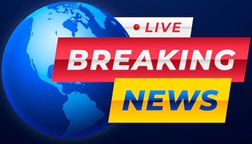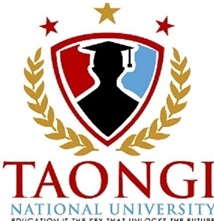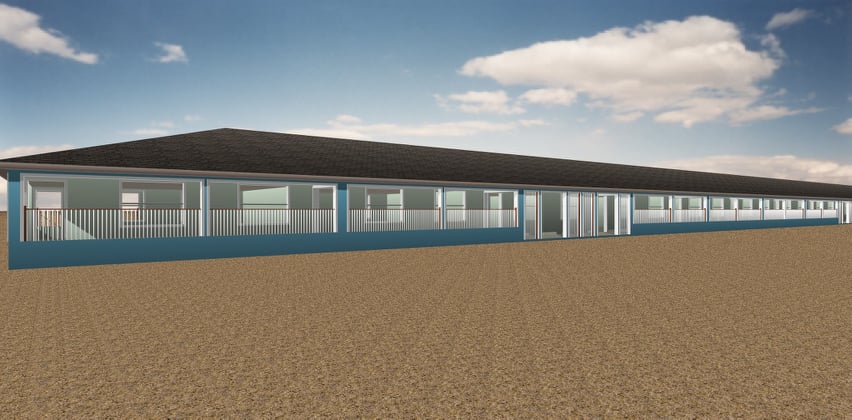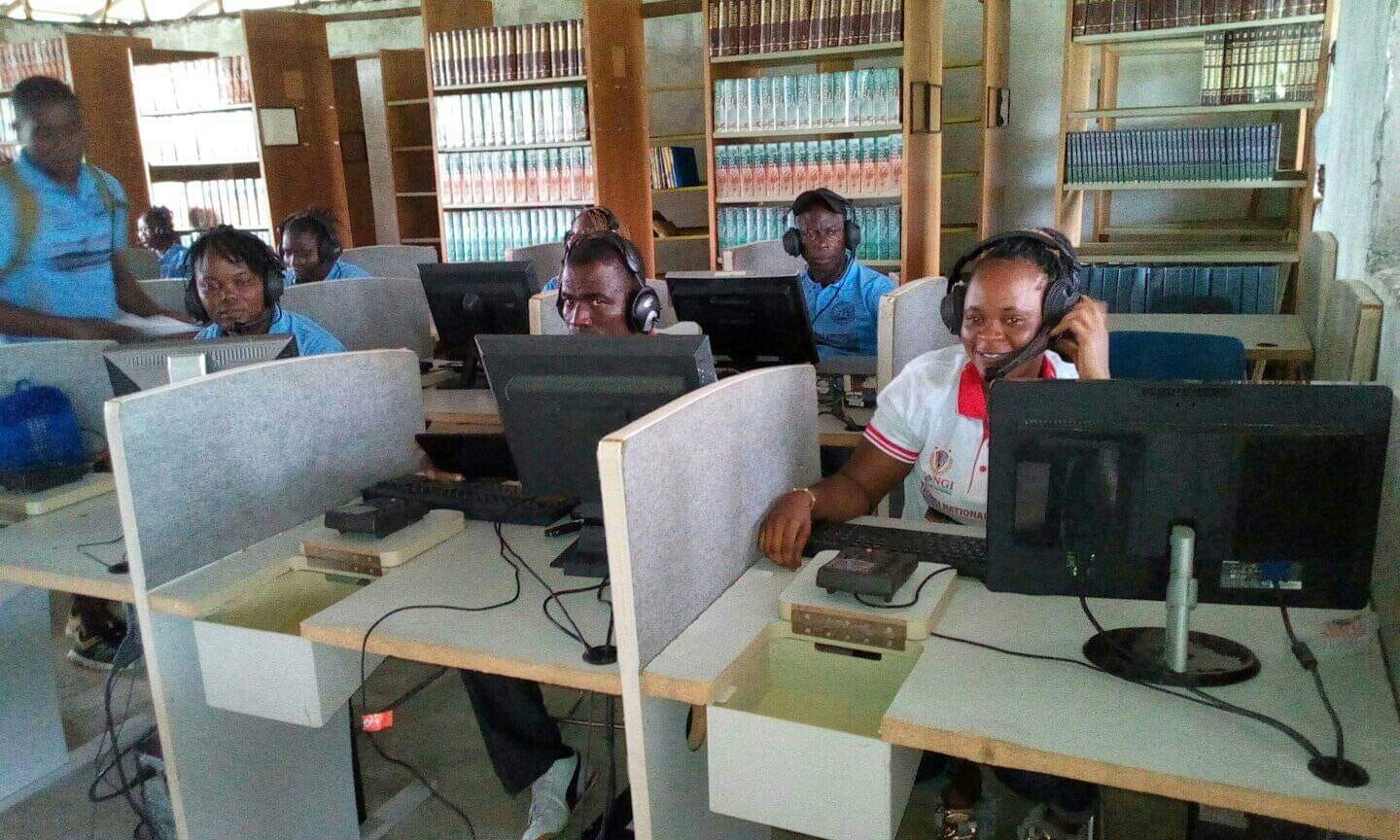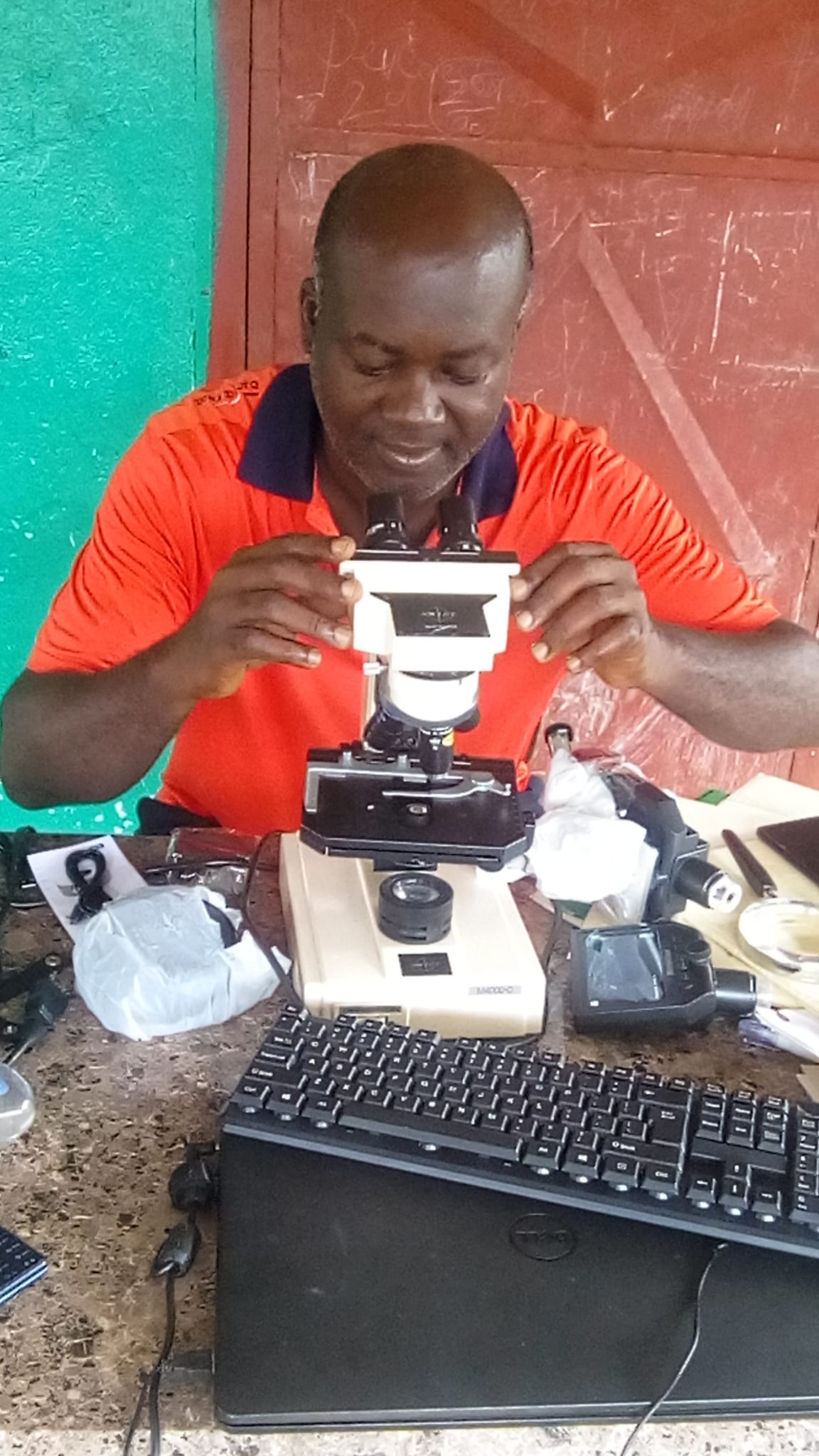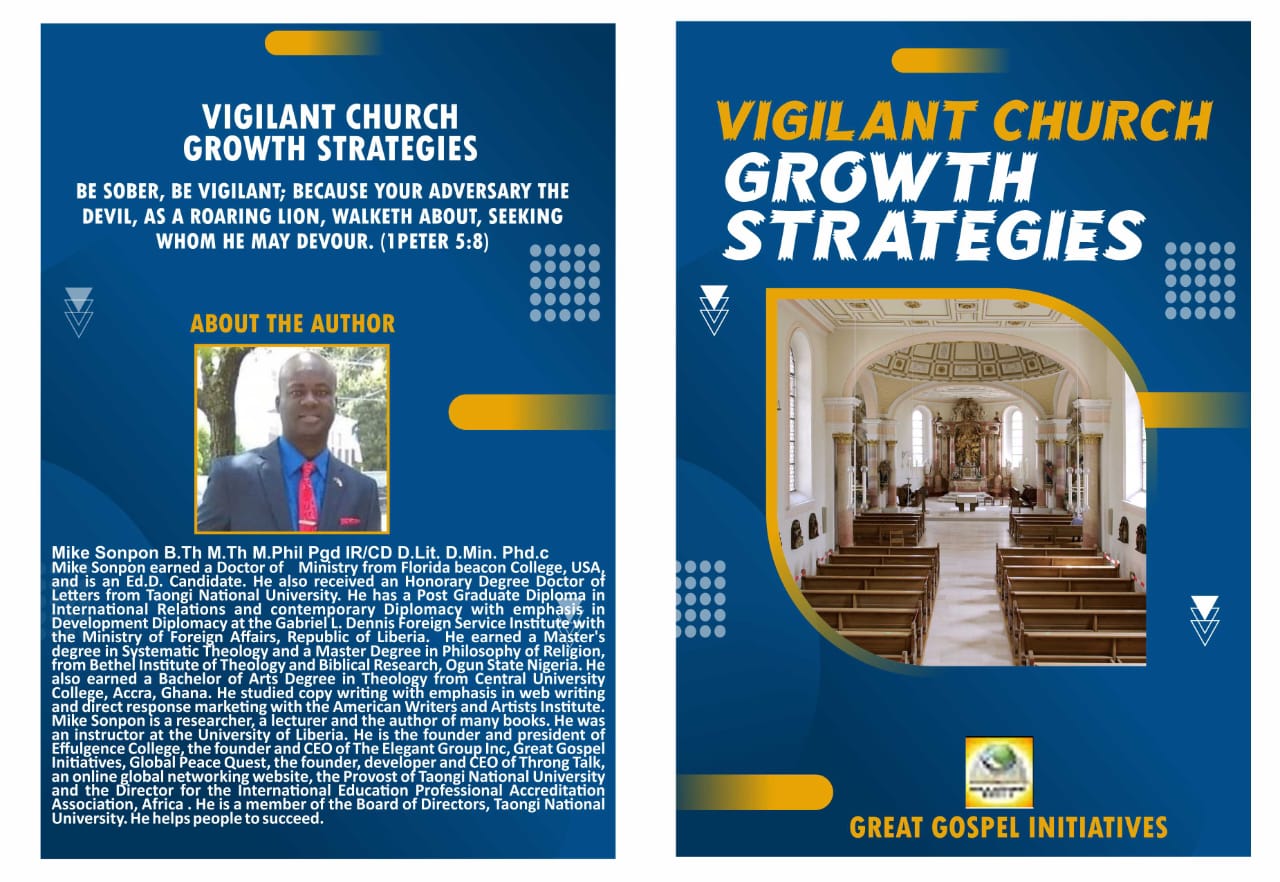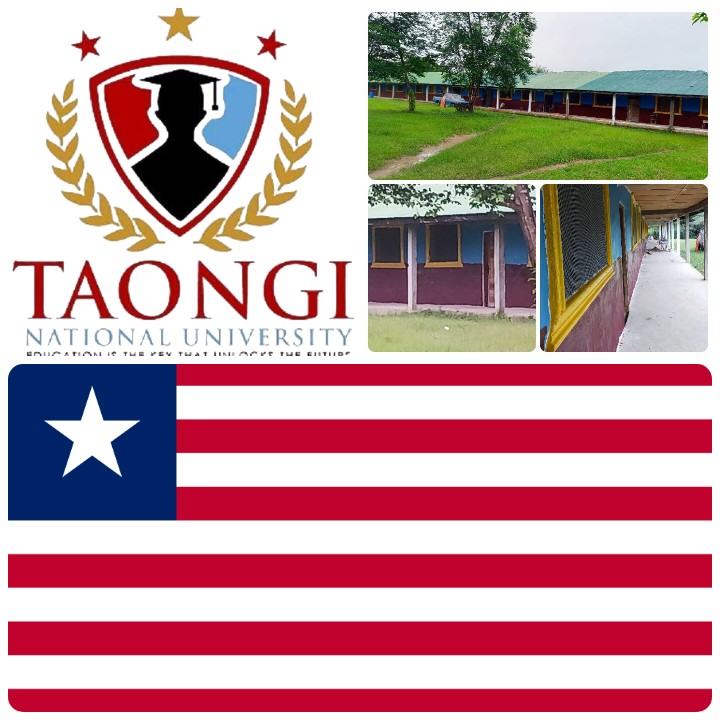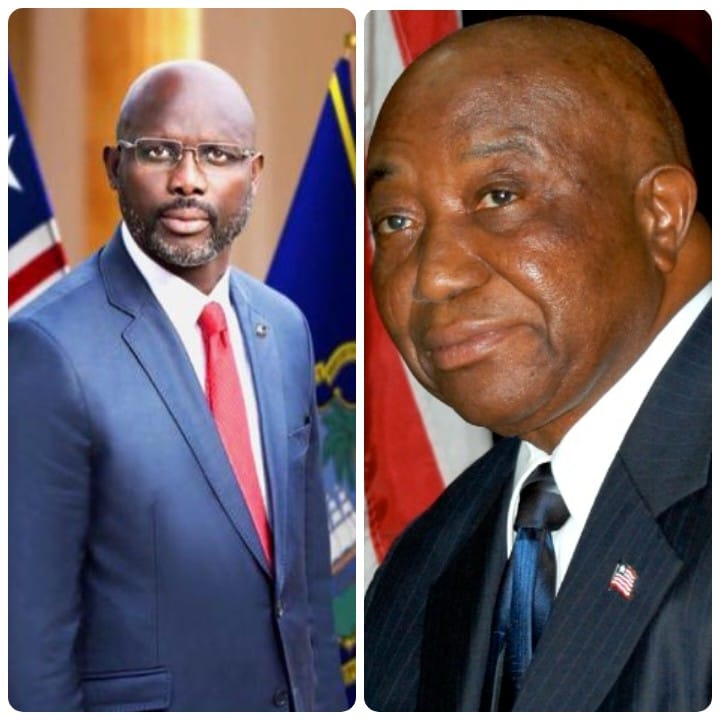
By Ramsey N Singbeh Jr
Email: director@news.throngtalk.com
Contact: +231772641146 / 880147358
While performing his duty prescribed under article fifty-eight of the constitution, specifically on the present state of the Liberian Economy during his second State Of The Nation Address or SONA, President Joseph Nyumah Boakai reported that his predecessor George Manneh Weah left the burden of 2.5 billion Debt for his administration.
He explained that the current account deficit, when he assumed power had worsened to 26.4 percent of GDP and international reserves were dangerously low at just 2.1 months of import cover, and the country debt burden had skyrocketed to $2.5 billion, or 54.6 percent of GDP.
According to the Liberian Leader, civil servants were facing extreme hardship due to pay “harmonization” and delayed salary payments, leaving them vulnerable to payday lenders and informal financial schemes like Susu or village saving clubs.
“The current account deficit (at the time), had worsened to 26.4 percent of GDP, international reserves were dangerously low at just 2.1 months of import cover, and our debt burden had ballooned to $2.5 billion, or 54.6 percent of GDP. Civil servants were facing extreme hardship due to pay “harmonization” and delayed salary payments, leaving them vulnerable to payday lenders and informal financial schemes like Susu clubs.”
Mr Boakai noted that he inherited an economy in steep decline, with Liberians facing unprecedented hardships including rising unemployment, inflation, and growing inequality.
The president also says his government’s participation in the International Monetary Fund or IMF’s Extended Credit Facility (ECF) program will help rebuild reserves, strengthen fiscal policy, and enhance domestic revenue through improved tax collection and streamlined exemptions.
His government, he narrated has also made progress in modernizing financial systems, improving access to finance for micro, small, and medium enterprises (SMEs), and increasing financial inclusion, which now covers 52% of the adult population.
The president told the Legislature that Implementing the National Electronic Payment Switch (NEPS) and the transition to a cashless economy further demonstrate the government’s commitment to a stable, inclusive, and resilient economy.
He optimistic that the establishment of Special Economic Zones will further diversify the economy, promote job creation, and foster inclusive development.
“Honorable Legislators, over the past year, my administration has focused on transforming Liberia’s investment climate.”
The government, he continued is implementing policy changes to attract investment, including simplifying regulations, reducing red tape, and strengthening legal frameworks while ensuring social protection and local empowerment.
He also said “We have engaged both domestic and international investors, showcasing Liberia as a land of untapped opportunities. While some key agreements are still pending, I am pleased to report that we are actively negotiating with major multinational companies in energy, mining, agriculture, infrastructure, and technology. Once finalized, these negotiations are expected to bring over $3 billion in investments to our economy.”
Looking ahead, we anticipate a promising medium-term outlook, with expected growth rates of 5.8% in 2025.
